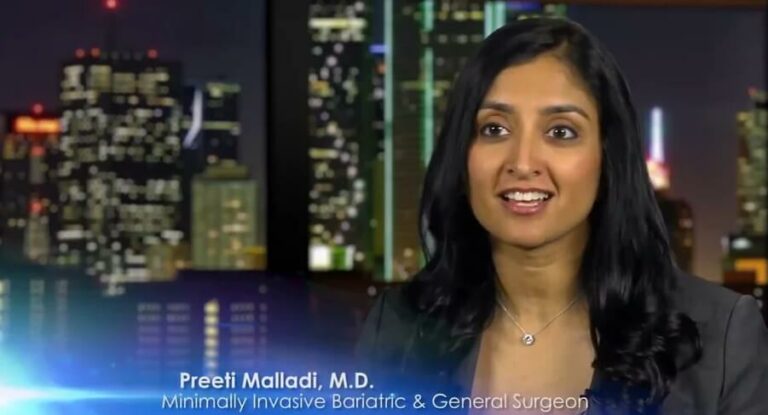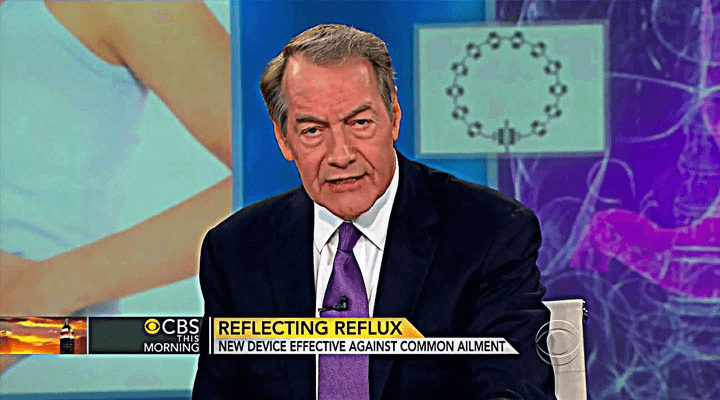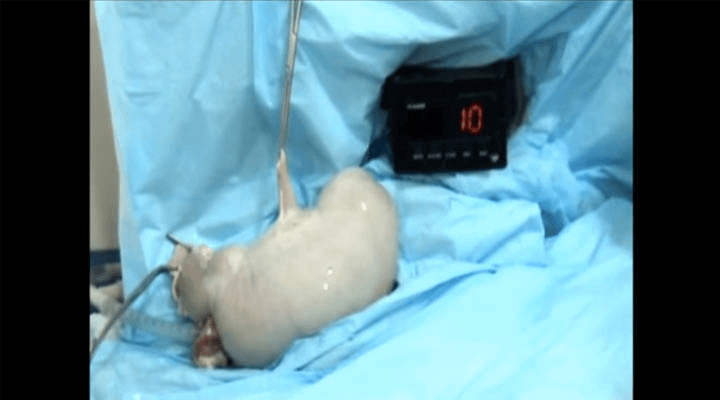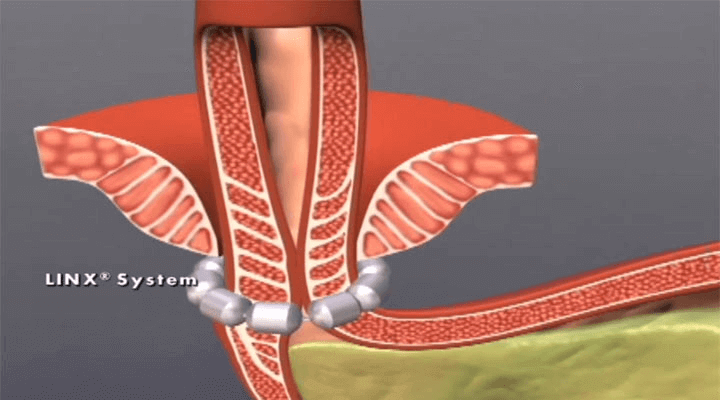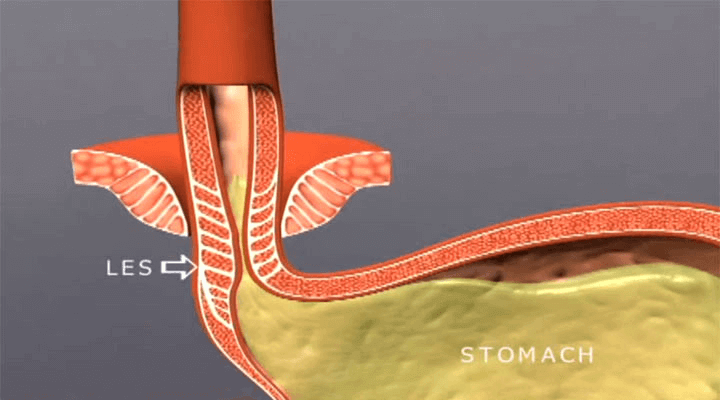GERD Complications
Everyday Health produced this short video describing two major complications of GERD. There are two major complications from GERD. Strictures are a narrowing of the esophagus which make swallowing difficult and Barrett’s esophagus can lead to cancer.
Transcript:
Most patients with reflux disease are successfully treated and do not have symptoms on an ongoing basis. Some patients, however, do suffer complications from long-term reflux disease.
The two important complications that we need to talk about are strictures and Barrett’s esophagus. Strictures are a narrowing in the esophagus that’s usually caused by exposure chronically to acid. That acid causes damage to the lining of the esophagus, leading to a scar or a stricture. A stricture is a narrowing, and if a narrowing occurs a person may develop the symptom of difficult swallowing, also known as dysphagia.
Another important complication of gastroesophageal reflux disease is Barrett’s esophagus. In Barrett’s esophagus, chronic exposure of the lining of the esophagus to acid leads to a change in that lining. The change goes from the normal lining cells of the esophagus, which are flat or known as squamous cells, to ones that are more columnar. Barrett’s esophagus is a pre-malignant condition, meaning that it can turn into cancer. It’s very important for people who have long-standing symptoms of reflux disease to be evaluated by a gastroenterologist for their reflux disease, and if Barrett’s esophagus is diagnosed, for it to be monitored to make sure that it doesn’t develop into gastroesophageal cancer.


